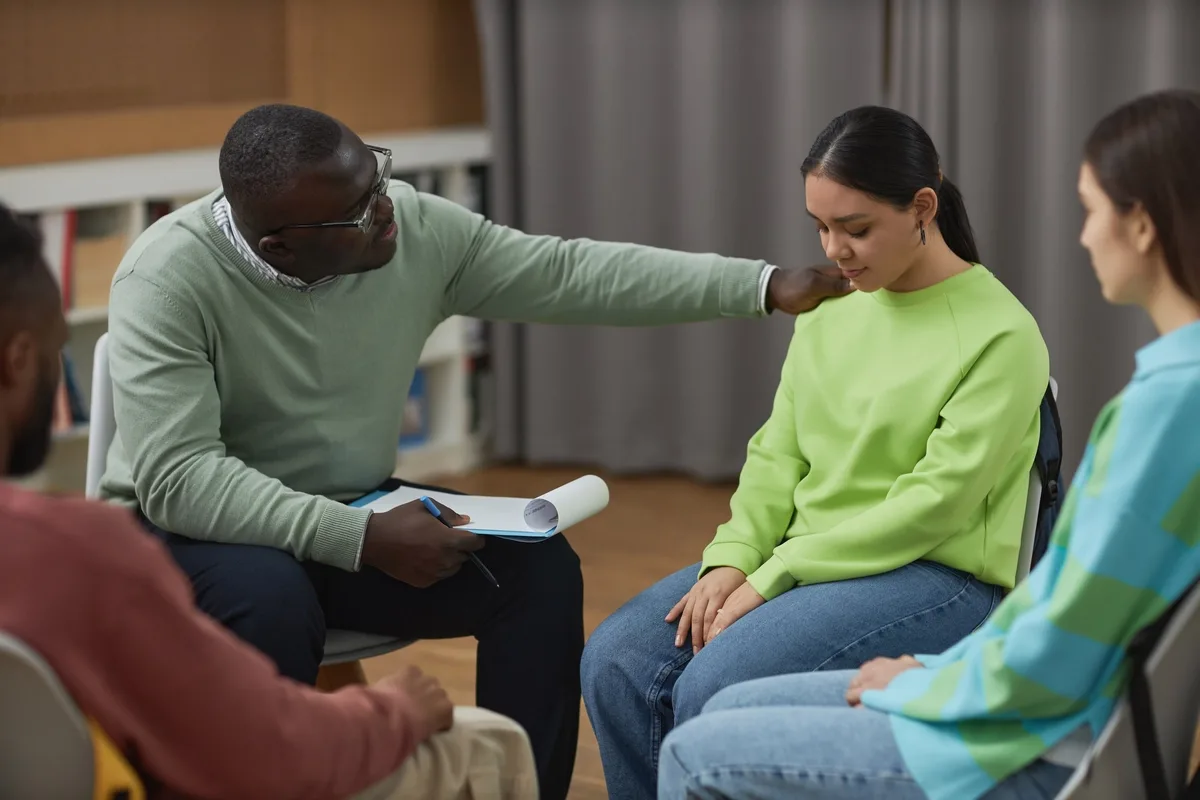24/7 Helpline:
(866) 899-111424/7 Helpline:
(866) 899-1114
Learn more about Inpatient Rehab centers in Greenwood
Inpatient Rehab in Other Cities














Other Insurance Options
Beacon

UnitedHealth Group

Sliding scale payment assistance

Premera

WellPoint

Choice Care Network

Coventry Health Care

Horizon Healthcare Service

BHS | Behavioral Health Systems

State Farm

Excellus

Absolute Total Care

Oxford

Meritain

Providence

Holman Group

Covered California

Private insurance

Carleon

Access to Recovery (ATR) Voucher